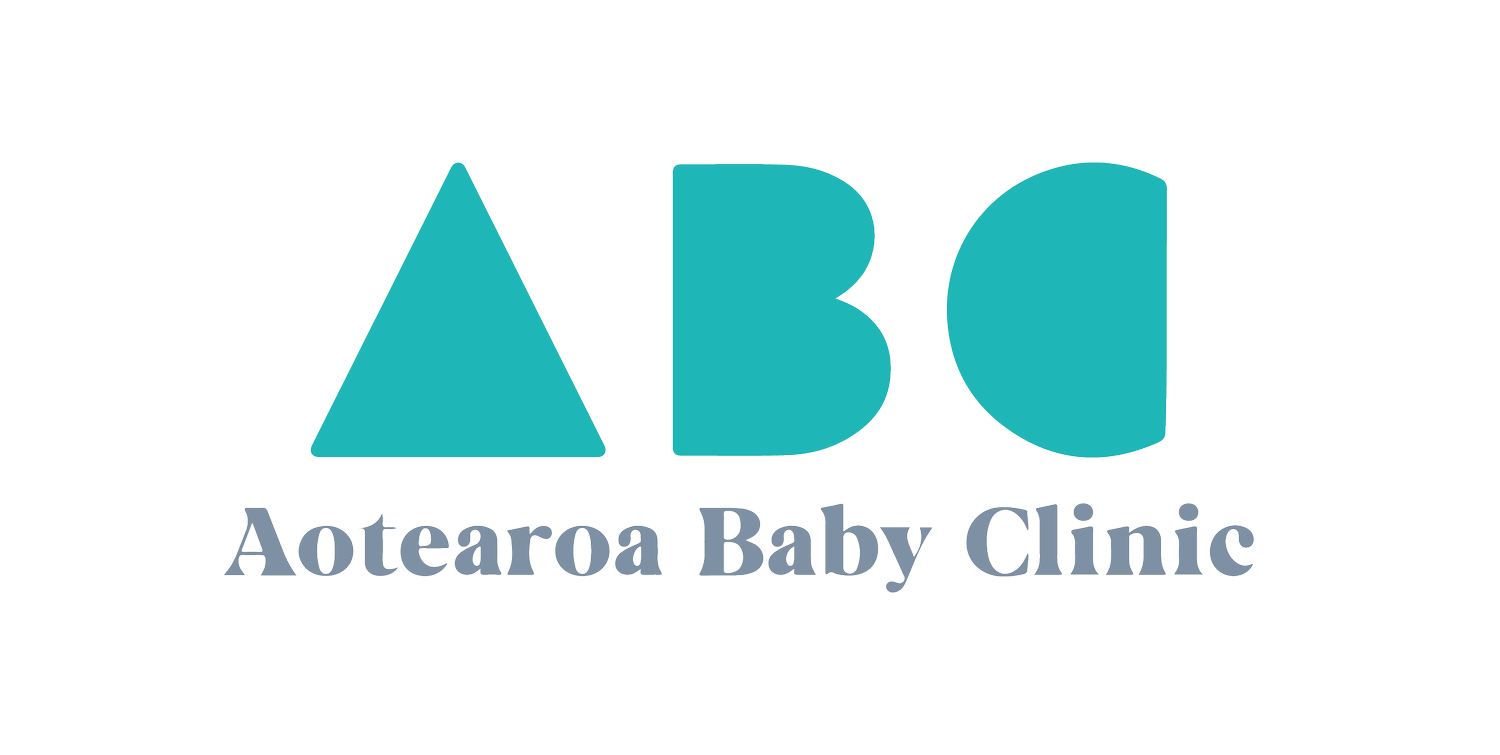How ADHD can affect breastfeeding
As a GP I’m seeing more and more women with ADHD, sometimes up to two a week, and most are undiagnosed.
Many of these women have been coping pretty well throughout their life - until they had children, and things kind of unravelled. Many had/have no idea they have ADHD until I bring it up - and then as we discuss what ADHD actually is (hint: it’s very different to the stereotype we often hold in mind), there is often a lightbulb of understanding - you’re saying not everyone experiences life like this?
Despite it being the best-studied psychiatric* and neurodevelopmental condition, there is still such a stigma and misunderstanding about how it presents in adults, especially adult women and gender-diverse folx.
While it’s worth noting that most/all of the symptoms of ADHD happen to everyone to some degree, in ADHD the symptoms are more persistent, severe, and occur across all aspects of life and even when things are going really well.
Here are some common ways it can show up with breastfeeding:
Distractability and hyperfocus - this might make it harder to read or respond to baby’s cues, and it can contribute to a preoccupation with all the things you need to do - it’s hard to be present with a baby when your brain is constantly reminding you of the dirty dishes that have been there for 3 days. Some people find the only way they can breastfeed is by talking to other people or being on their phones (which is often judged by other parents), and there can be guilt about the effect this can have on bonding
Inability to tolerate boredom - ummm. Breastfeeding can be hella boring sometimes. Sitting for long periods of time while feeding can be excruciating. Reading a book to your child, or sitting quietly on the floor for play time? No chance.
Sensory overload - too much sensory input at the same time can cause aversions, anger, anxiety, physical distress. Made worse by having older kids in the house.
Emotional dysregulation - flashes of anger, irritation etc. Of course it can also cause waves of positive emotions, but the “negative” emotions are painful for the parent affected, and their whānau.
OCD - OCD is more common in people with ADHD, and it can show up for the first time post-partum, by giving mums distressing mental images of ways their baby could be harmed (by them or someone else).
Social anxiety - it can be hard making new friends. “Talking too much”/verbal impulsiveness, always being late, forgetting things, can all contribute to shame for parents with ADHD and can make it hard to go to parenting groups and meet new people.
Eating and making food - there is a close relationship between ADHD and food. Binge-eating disorder is remarkably common in untreated ADHD, as is constant snacking and grazing, made worse by sleep deprivation (which causes cravings for sugar and simple carbohydrates). On the other hand, it can be remarkably difficult to plan and cook meals or meal prep, leading parents to both under- and over-eat. This contributes to tiredness and irritability.
Extreme tiredness - okay this is obviously very common and can be normal post-partum. But people with ADHD can be affected more by this, as the effort it requires to stay afloat can be exhausting. Sleep deprivation will also significantly worsen ADHD symptoms.
I now strongly believe (and some studies back this up) that ADHD significantly increases the risk of post-natal anxiety and depression. Sleep deprivation and the sudden increase in executive function requirement (suddenly you’re looking after the needs of two people) can overload the abilities of many parents with ADHD.
Add to this the higher chance of a child with ADHD and their increased environmental sensitivity, and we see a parent that will require a lot more support, but who may not ask for it because they internalise their struggles and think it’s their fault.
While a grieving process is common with a formal diagnosis of ADHD, it can also be incredibly freeing. Medications improve symptoms in 80% of people and are safe in pregnancy and breastfeeding. Purposefully creating systems that work with your strengths rather than trying to force yourself into a neurotypical mould means everyday life is easier, and recognising the stories about ourselves that often bubble under the surface means we can start getting rid of the shame that contributes to low self-esteem.
If you’ve ever wondered about why you seem to struggle with things that other people find easy, or if you’ve ever considered that you might have ADHD, I recommend seeing a doctor or psychologist with a good understanding of ADHD to talk about pursuing a formal diagnosis. In NZ this requires an assessment with a psychologist or psychiatrist, usually in private (thanks to funding constraints in the public system) with a psychiatrist report being needed in order to get prescribed ADHD-specific medication.
Some useful resources:
Sasha Hamdani, MD on instagram
ADHD 2.0 by Edward M. Hallowell and John J. Ratey




